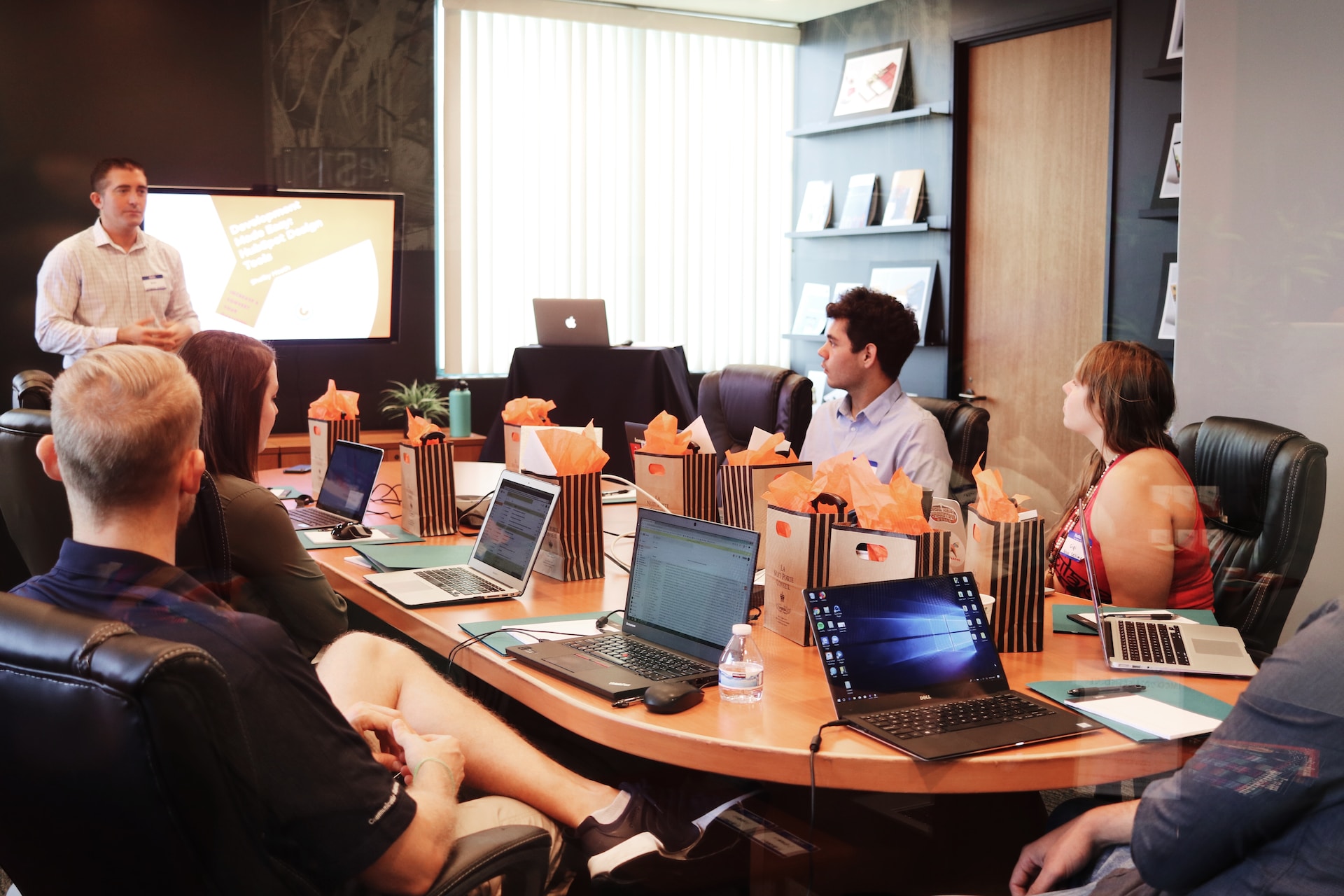In today's hyper-connected, relentlessly paced working world, the holistic well-being of employees has transitioned from being a mere perk to an organizational necessity. With stress levels skyrocketing, mental health deteriorating, and workplace wellness programs often failing to resonate, the call for a robust, integrated solution has never been louder.
The Workplace Wellness Cut Off
With mental health issues and burnout surging to unprecedented levels, workplaces are confronted with a critical responsibility – to safeguard the well-being of their employees. While over 50% of workplaces have invested in workplace wellness programs or activities, a scant 20% of employees actively engage in these programs, indicating a stark disparity between provision and actual utilization.

Bridging the Gap: Well-being Competencies
It’s evident that a revamping of strategies is imperative. A potent solution emerges by integrating well-being competencies into professional development training, ensuring that they resonate with the employees and concurrently uphold the organizational vision and values.
Inclusivity in Application: The twelve well-being competencies can seamlessly dovetail into existing and new training, forming a pivotal part of foundational performance skills.
Methodology that Resonates: Leveraging a methodology already proven, well-being competencies can be cultivated through coaching, mentoring, practice, and regular feedback – a pathway familiar to and validated by organizations globally.

The Structure: Well-being Intelligence Curriculum
The curriculum isn’t merely a theoretical framework but a meticulously structured series of professional development training designed to bolster the core twelve well-being competencies, deemed pivotal for both personal and professional health and performance.

Psychological Safety and Mental Health: Non-negotiable
With rising life stresses casting shadows over employees universally, workplaces must transform into havens that relentlessly champion mental health and psychological safety. The holistic approach to well-being competencies provides a comprehensive pathway, ensuring that workplace well-being efforts are not merely a check in the box but a tangible reality that translates into genuine employee benefit.
Why this Curriculum is Different: A Proactive Approach
For too long, organizations have been circumscribing their wellness activities within the perimeters of sporadic activities that, although well-intentioned, rarely offer quantifiable KPIs or a measurable ROI. The Well-being Intelligence Curriculum transcends this limitation by outlining nine dimensions of well-being, with a focus on twelve pivotal competencies.

15 Years of Crafting Excellence: Evolved over fifteen years, this curriculum has been designed to adeptly meet the fluctuating needs of the contemporary workplace, providing employees with the essential tools and knowledge to navigate through the digital world while safeguarding their well-being.
Flexibility: Organizations can either incorporate the well-being competency training into their existing developmental structures or select training that aligns with specific competencies or KPIs. Moreover, they can choose from various courses, workshops, seminars, coaching programs, and activities that align with their strategic objectives with expert guidance from our faculty.
In an age where the well-being crisis has cast its shadows far and wide across countries like Canada and globally, the significance of a well-being curriculum stands out, stark and imperative. It is not merely a strategy but an ethical organizational responsibility toward creating workplaces with robust productivity while fostering total well-being.

True Transformation to Alleviate Societal Crisis
We must transition from traditional, sometimes token, wellness activities to a well-structured curriculum that integrates well-being into the very fabric of organizational operations and culture. The workplace is potentially the final frontier where well-being skills can be significantly enhanced to mitigate the health and wellness crisis we are presently navigating.
This well-being intelligence curriculum is a call for organizations to adopt a more structured, embedded, and empathetically intelligent approach toward employee well-being. A meticulously crafted system that doesn’t just address the symptoms but targets the root causes. Rooted in deep research and underpinned by genuine understanding, this curriculum doesn't merely suggest. Instead, it asserts that there is no greater way to nurture an organization’s most valuable assets - its people.
Please check out our events page for more information on the Well-being Intelligence curriculum courses, digital learning, and events. You can also contact us for a free consultation or join our free webinar on the well-being intelligence curriculum.
To Your Wellness,
Joyce
